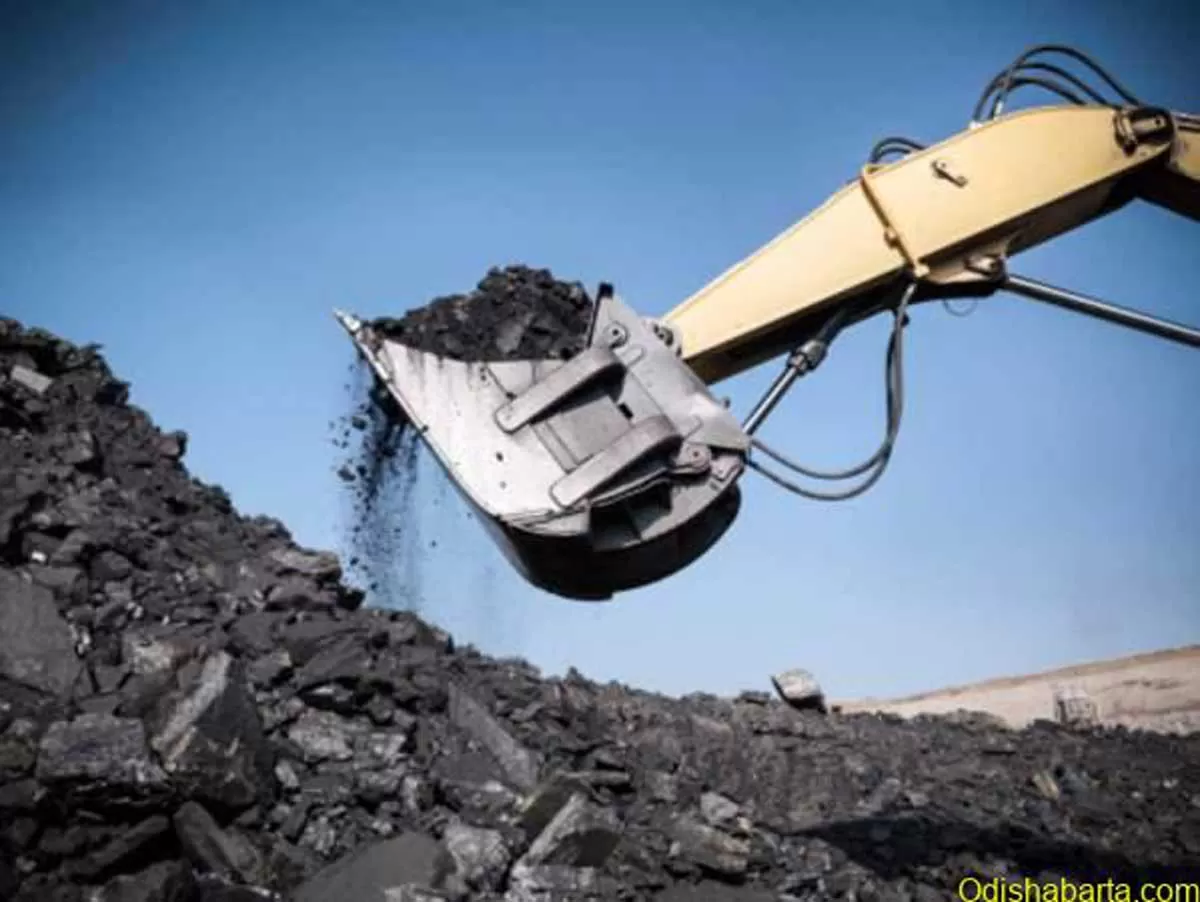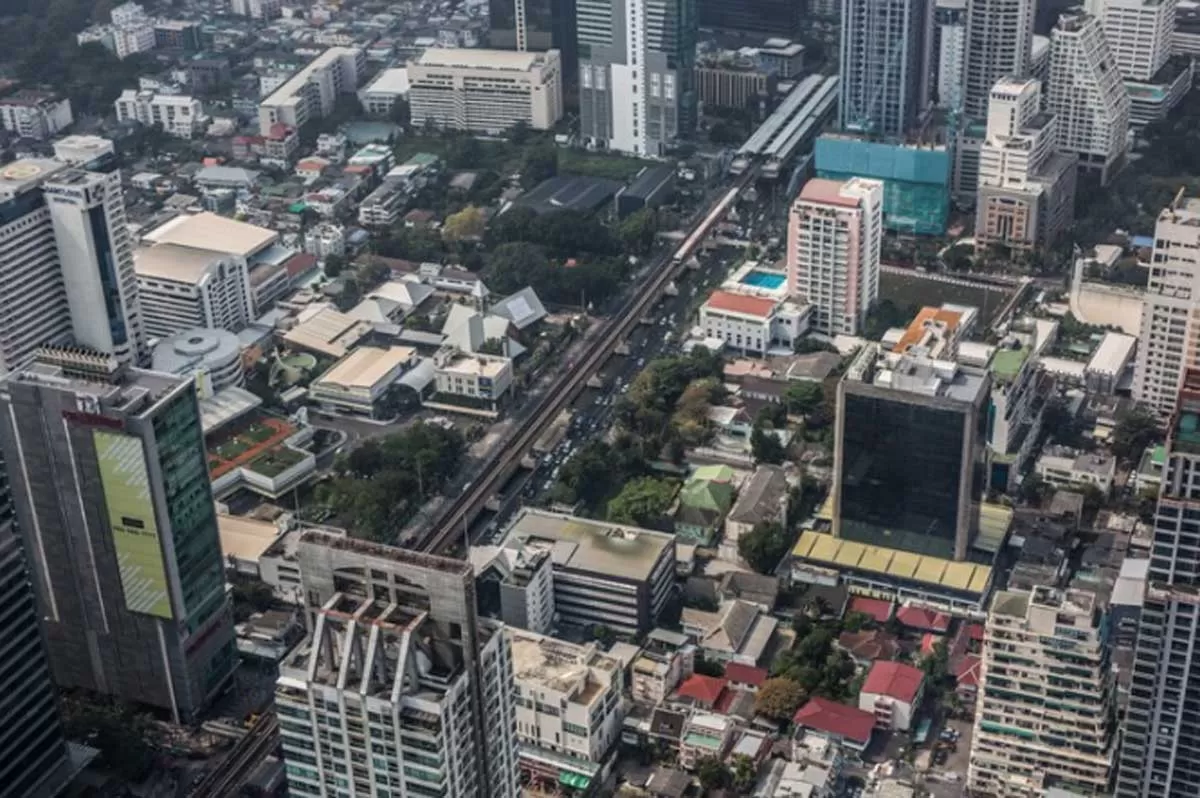
Tata Steel to file curative petition on mining tax ruling in SC

Master Builders Solutions Forges Path into India Market with MBT-Construction Chemicals
Master Builders Solutions, a global leader in innovative concrete admixtures and solutions for the construction industry, announces its strategic expansion into the dynamic Indian market. Leveraging its expertise and advanced solutions, Master Builders Solutions aims to address the growing demand for sustainable, high-performance construction materials across various sectors in India. The move into India represents a significant milestone for Master Builders Solutions, aligning with its commitment to delivering cutting-edge solutions worldwide. With a rapidly evolving construction landscape in..

TrucksUp collaborates with AU Small Finance Bank to empower aspiring buyers and small fleet owners
TrucksUp has announced a strategic partnership with AU Small Finance Bank Ltd to offer economic, easy and hassle-free financing solutions for used trucks focusing on driver and transport business community. This partnership tactically aims to support small fleet owners in India by providing low EMI loans at competitive interest rates. Their target audience can also benefit from refinancing options on existing trucks and avail of top-up loans to meet their financial needs. This is making the access to capital needs for truck drivers’ community easy to grow and scale their business. This colla..

Build Capital to Invest Rs 1.5 billion in Navi Mumbai’s RE Market in 2025
Build Capital, an innovative early-stage real estate fund, has completed its maiden investment in the Navi Mumbai market. This investment in Satyam Group’s project is part of Build’s strategy to become a preferred partner in early – stage real estate financing in Mumbai Metropolitan Region (MMR).Build Capital has further announced that it plans to invest close to Rs 1.5 billion (bn) in the Navi Mumbai market out of its total target investments of Rs. 4 bn for the year 2025. Kuldeep Jain, CEO and Co-Founder, Build Capital said, “We are plugging the existing gaps of early-stage financing..














